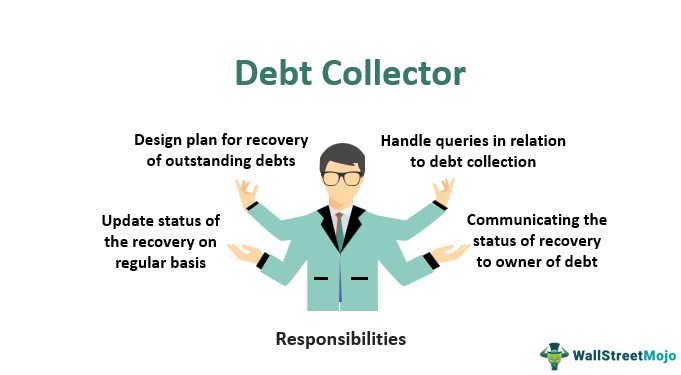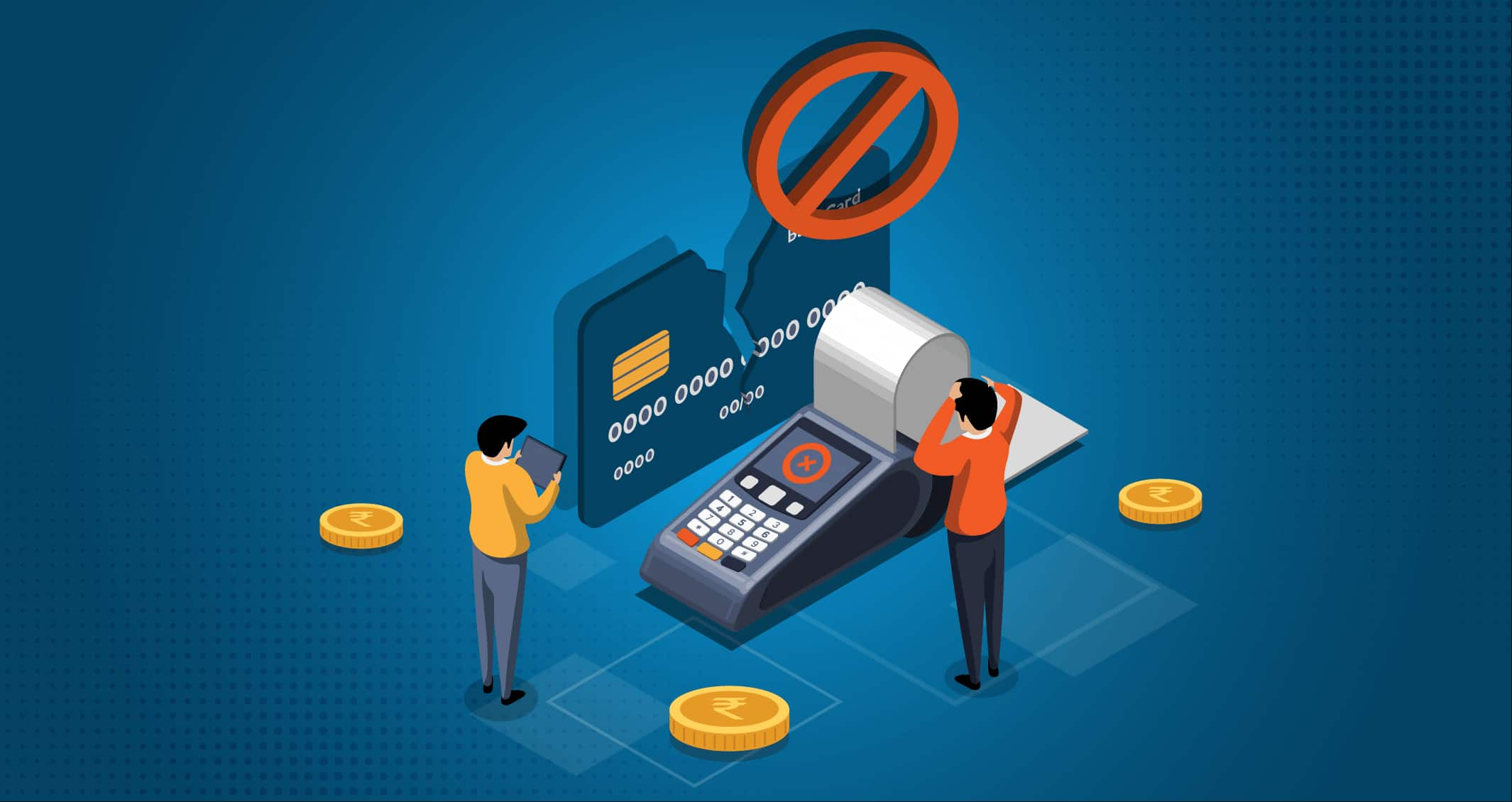Introduction:
If you’re struggling with debt, you may feel like there’s no way out. But negotiating a settlement with your creditors can be a way to get your finances back on track and avoid bankruptcy. Debt settlement involves negotiating with your creditors to pay less than what you owe in exchange for settling the debt in full. In this post, we’ll discuss the process of debt settlement negotiations, including when to consider it, how to negotiate, and what to expect during the process.
When to Consider Debt Settlement:
Debt settlement is not the right choice for everyone, but it can be a good option if you’re in a difficult financial situation. Here are some signs that debt settlement may be right for you:
You’re struggling to make minimum payments on your debts.
You’re behind on your bills and your creditors are threatening legal action.
You’re considering bankruptcy as a last resort.
If any of these apply to you, debt settlement may be worth considering. However, it’s important to remember that debt settlement can have a negative impact on your credit score and should only be used as a last resort.
How to Negotiate a Debt Settlement:
If you’ve decided that debt settlement is the right choice for you, here’s how to negotiate a settlement with your creditors:
Evaluate Your Finances: Before negotiating a settlement, take a close look at your finances to determine how much you can afford to pay. Consider your income, expenses, and any other debts you may have.
Contact Your Creditors: Once you’ve evaluated your finances, contact your creditors to discuss a settlement. Explain your situation and offer a lump sum payment or a payment plan that you can afford.
Negotiate the Settlement: Your creditor may accept your initial offer, or they may counter with a different offer. Negotiate until you reach an agreement that works for both parties.
Get the Agreement in Writing: Once you’ve reached an agreement, make sure to get it in writing. This will protect you in case your creditor tries to change the terms of the settlement in the future.
What to Expect During the Debt Settlement Process:
Debt settlement can be a long and stressful process, so it’s important to know what to expect. Here are some things to keep in mind:
Creditors May Not Agree to a Settlement: Your creditors are not required to accept a settlement offer, so there’s no guarantee that you’ll be able to settle your debts.
You May Have to Pay Taxes on Forgiven Debt: If your creditor forgives part of your debt, you may have to pay taxes on the forgiven amount.
Your Credit Score Will Be Affected: Debt settlement can have a negative impact on your credit score, so it’s important to be prepared for this.
Debt Settlement Companies Can Be Risky: Some debt settlement companies charge high fees and make unrealistic promises, so be sure to do your research before working with one.
Conclusion:
Debt settlement can be a good option for those who are struggling with debt, but it’s important to weigh the pros and cons carefully and consider all of your options. If you do decide to pursue debt settlement, make sure to negotiate in good faith and get any agreements in writing. With careful planning and financial discipline, debt settlement can help you get your finances back on track





